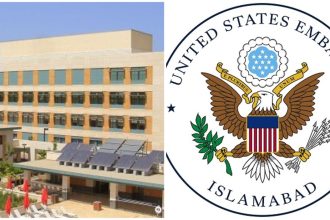Louisiana health officials announced the U.S.’s first bird flu-related human death on Monday. The deceased, over 65, had underlying health issues.
Despite this death, the overall public risk remains “low,” according to officials. The individual contracted the H5N1 virus from a backyard flock and wild birds.
This case follows a CDC report from mid-December identifying the patient as the first serious U.S. infection. No further infections or person-to-person transmission have been detected in Louisiana.
Read: New Mutations Found in U.S. Severe Bird Flu Case
Recently, the federal government allocated an additional $306 million to boost H5N1 research and surveillance. This funding addresses criticisms of the Biden administration’s response to the bird flu threat.
Scientists worry the virus could mutate, potentially triggering a deadly pandemic. Since early 2024, the CDC has noted 66 U.S. cases.
Jennifer Nuzzo, an epidemiology professor at Brown University, stressed the virus’s lethal potential and urged more government action.
The CDC noted that this virus strain differed genetically from others found in U.S. dairy herds. Some genetic changes could adapt it to human lungs. However, such mutations alone don’t ensure higher contagion or human transmission.
H5N1 has been causing increased outbreaks in birds and mammals since 1996, particularly since 2020.
The CDC stated that a death from H5N1 in the U.S. was anticipated due to the virus’s severe impact potential.
The World Health Organization has recorded over 950 human bird flu cases in 24 countries since 2003, many in China and Vietnam.
Nuzzo highlighted the need for urgent action to prevent more infections. “This is a nasty virus that no one wants to get,” she said.






